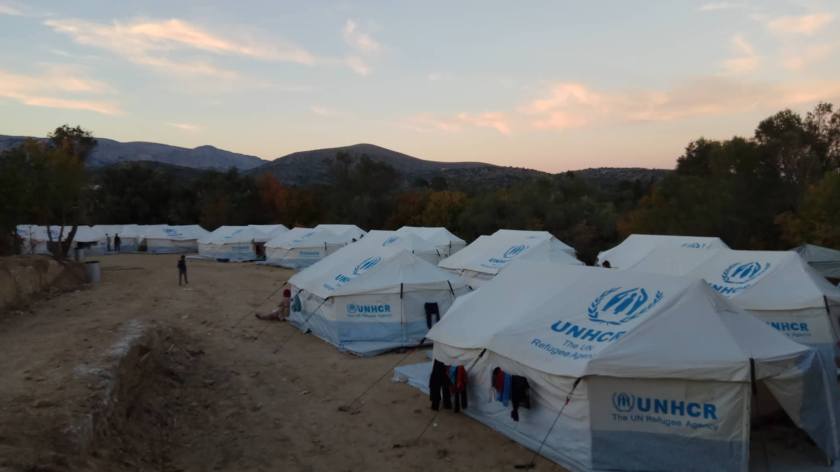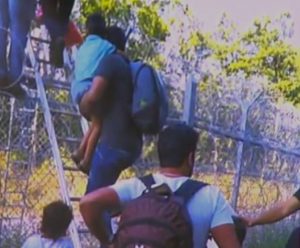Via Legal Centre Lesbos – In September, Mr. Maarten Verwey, EU coordinator for implementation of the EU-Turkey Statement, travelled to Lesvos and met with authorities in the camps, and the Mytilene mayor’s office. He did not, however, meet with any of the individuals best placed to brief him on the impact of the EU-Turkey Statement: the refugees and asylum seekers who know all too well how refugees are treated in Turkey, and as a consequence of the ‘deal’, have been trapped on Lesvos for months and years living in inhumane and degrading conditions in perpetual fear of deportation.
Their situation is constantly deteriorating: The European Commission increases pressure to return even asylum seekers who are classified as vulnerable and individuals applying for family reunification to Turkey. Furthermore, the Greek Council of State Plenary – Greece’s highest administrative court – ruled that Turkey is a safe country, setting dangerous precedent for forcible returns to Turkey under EU-Turkey deal, trampling roughshod over overwhelming evidence that basic human rights of returnees are systematically violated by Erdogan’s repressive authoritarian regime.
However, refugees and supporters on Lesvos keep up resistance. They go on protests marches, occupied the main Square in the town of Mytilene and demand freedom of movement.


